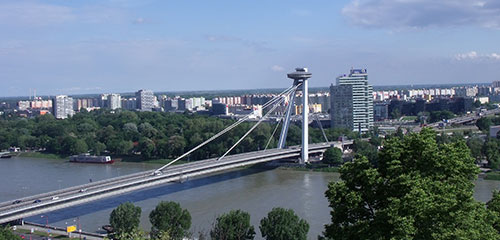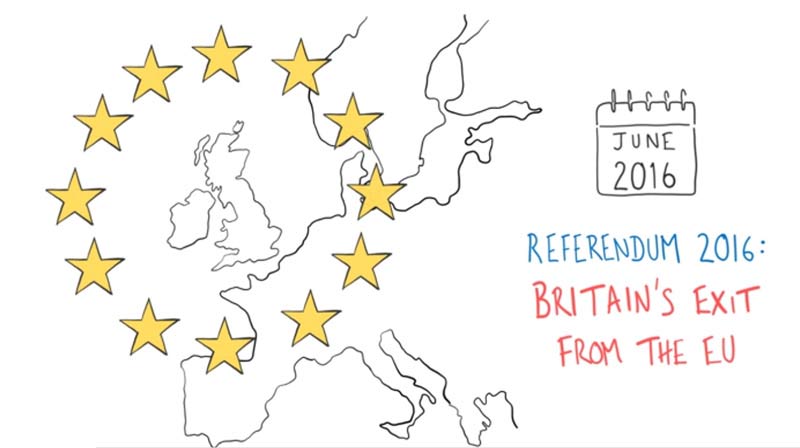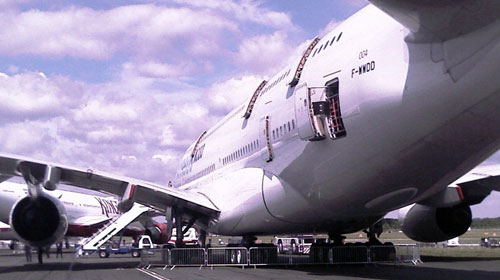Reasons why you don’t need to hire a consultant in 2024
Your company has a clear strategy with established business processes and great people, which is commendable. You know what you are you doing, and have capacity and capability within your organisation to achieve it.
However, it’s important to note that even in this comfortable position, there is always room for improvement. With rapid market and technology changes, keeping up to date and filtering opportunities and risks can be complex and time-consuming. This necessitates excess capable capacity, which can be expensive.
Most companies experience is that everyone is fully stretched, and working excessive hours, just to maintain current output and a reasonable level of customer satisfaction. To ask the team to maintain the current throughput and overlay additional change is unrealistic.
Typically companies employ consultants for several reasons;
- They need to achieve some form of change, or manage perceived risks
- There is insufficient capacity within the organisation
- The existing staff do not have the capability or expertise
If I turn the discussion around now and consider what I look for in a potential client.
- Are they committed to making the discussed changes?
- Do they have capacity in terms of people to make the change
- Do they have the capability and know how
The commonalities are obvious from the above.
Judging the management team’s commitment can be subjective. It’s a matter of discussing the changes they perceive are necessary and seeing their enthusiasm and vision of what the future will be like if they achieve the transformation. Sometimes it is necessary to discuss with the client the appropriateness of the project they have described. There may be easier, cheaper, opportunities or completely alternative projects, that will deliver a more significant change with less risk.
Capacity is more practical. Is everyone working to their limit? Can any activities be ceased or reduced to free up people? Can some initial, simple, reorganisation be made that will release people for more comprehensive or longer term change?
Capability can be a combination of skills, know-how and behaviour. People’s capability may be evidenced by their current performance or require discussion on previous experience, education and training. There may be hidden talent and capability that is not being utilised.
As a consultant I can use techniques to improve the management team’s commitment, but my main task is to deliver additional, capable, capacity on a temporary basis. In doing so, transfer knowledge and skills to the existing team. This is important if the transformation requires embedding new skills knowledge and behaviour to continuously improve.
If a client is performing a transformation that is a singular event, it is not efficient to either train their existing staff, or employ new people on a full time basis, to plan and execute a change that the business may not encounter again.
So very best wishes to you and your company’s success in 2024. If you are happy that you have a clear plan and the capacity and capability to deliver it, then very best of luck. If you are not sure, then why not drop me a quick email and we can discuss your planned transformation.
Reasons why you don’t need to hire a consultant in 2024
Your company has a clear strategy with established business processes and great people, which is commendable. You know what you are you doing, and have capacity and capability within your organisation to achieve it.
However, it’s important to note that even in this comfortable position, there is always room for improvement. With rapid market and technology changes, keeping up to date and filtering opportunities and risks can be complex and time-consuming. This necessitates excess capable capacity, which can be expensive.
Most companies experience is that everyone is fully stretched, and working excessive hours, just to maintain current output and a reasonable level of customer satisfaction. To ask the team to maintain the current throughput and overlay additional change is unrealistic.
Typically companies employ consultants for several reasons;
- They need to achieve some form of change, or manage perceived risks
- There is insufficient capacity within the organisation
- The existing staff do not have the capability or expertise
If I turn the discussion around now and consider what I look for in a potential client.
- Are they committed to making the discussed changes?
- Do they have capacity in terms of people to make the change
- Do they have the capability and know how
The commonalities are obvious from the above.
Judging the management team’s commitment can be subjective. It’s a matter of discussing the changes they perceive are necessary and seeing their enthusiasm and vision of what the future will be like if they achieve the transformation. Sometimes it is necessary to discuss with the client the appropriateness of the project they have described. There may be easier, cheaper, opportunities or completely alternative projects, that will deliver a more significant change with less risk.
Capacity is more practical. Is everyone working to their limit? Can any activities be ceased or reduced to free up people? Can some initial, simple, reorganisation be made that will release people for more comprehensive or longer term change?
Capability can be a combination of skills, know-how and behaviour. People’s capability may be evidenced by their current performance or require discussion on previous experience, education and training. There may be hidden talent and capability that is not being utilised.
As a consultant I can use techniques to improve the management team’s commitment, but my main task is to deliver additional, capable, capacity on a temporary basis. In doing so, transfer knowledge and skills to the existing team. This is important if the transformation requires embedding new skills knowledge and behaviour to continuously improve.
If a client is performing a transformation that is a singular event, it is not efficient to either train their existing staff, or employ new people on a full time basis, to plan and execute a change that the business may not encounter again.
So very best wishes to you and your company’s success in 2024. If you are happy that you have a clear plan and the capacity and capability to deliver it, then very best of luck. If you are not sure, then why not drop me a quick email and we can discuss your planned transformation.





_industry_4.0.jpeg)


















